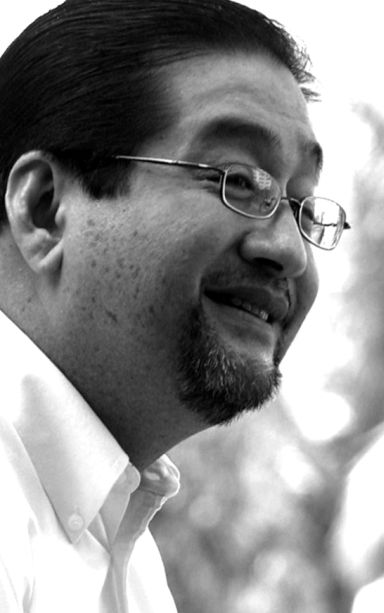
Ricky Poca
Last Saturday’s decision by Congress to extend martial law in Mindanao until the end of the year came just as the 60-day declaration ended on that day and owing to the administration’s super majority in both houses, it wasn’t unexpected.
Honestly, the presence of the officials of the executive department and the military officials were irrelevant since the congressional majority already made up their minds about it even over the objections of the opposition minority.
The mostly Liberal Party (LP) legislators laid their arguments against the extension of martial law but failed to convince the majority to abandon President Rodrigo Duterte’s call for martial law extension.
With a vote of 261 over 18, it was clear that the majority was convinced of the necessity to extend martial law extension to quell the Maute terrorist group and other rebel groups like the communist New People’s Army (NPA) and the Abu Sayyaf bandits.
President Duterte also raised the need to shift to a federal system of government that is basically tailor-made for our country taking into consideration our culture and temperament as a people.
I agree with the president on the importance of shifting to federal system of government from the present centralized government where there is a strong central government that arrogates into itself nearly all the powers of government.
Let us not copy the federal system from governments of other countries but instead use them as a guide to craft our very own federal system of government.
In a federal system of government, the powers of government are being shared by the national and the local government with the local government given more powers in governance.
State and local leaders are given more authority to address and solve the problems of the state and local governments because they are from the place and know the situation of their areas.
An overly centralized government where a national leader decides for all even if he or she is unaware of these areas doesn’t solve our problems. The local leaders are in the best position to provide solutions to the problems of their localities.